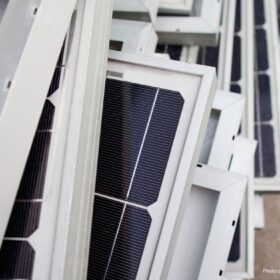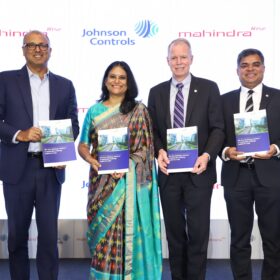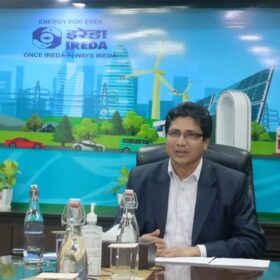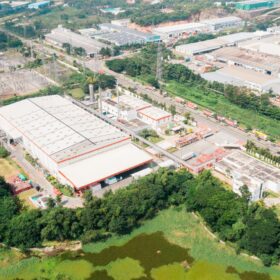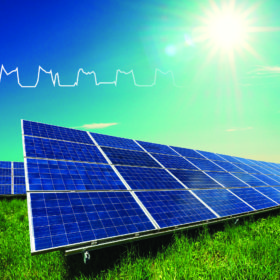How green credits and green loyalty programs are shaping a sustainable future
Green credits and green loyalty programs represent a burgeoning movement towards sustainability that transcends traditional environmental activism. They embody a partnership between businesses and consumers, where every green choice is celebrated and rewarded.
IIT Kanpur event focused on sustainable innovation and entrepreneurship starts today
IIT Kanpur’s annual event Abhivyakti’24, scheduled for March 15 and 16, 2024, provides a platform for the startup ecosystem to collaborate and develop sustainable solutions for a better future.
GCF approves $24.5 million investment in Avaana Capital’s climate and sustainability fund
Green Climate Fund (GCF) has approved a $24.5 million investment in Avaana Capital’s Climate and Sustainability Fund for technology-driven climate solutions.
Manufacturers responsible for PV module disposal, confirms EU
The European Council has adopted new amendments to clarify which entities should bear the costs of managing electronic waste, including PV modules.
Mahindra Group and Johnson Controls launch net zero buildings initiative in India
Under the Net Zero Buildings Initiative, Mahindra Group and Johnson Controls have launched a cost-free toolkit that will help building and facility owners to learn about the best practices of sustainable buildings, implement tools to assess building parameters, identify and implement conservation measures, and understand building regulations in India, available incentives, technology, financing models, and more.
Panasonic Energy achieves carbon neutrality for its dry cells manufacturing facility in India
Panasonic Energy India Co. Ltd, the leading dry cells manufacturer in India, is promoting sustainability across the value chain. The company’s facility in Madhya Pradesh now meets 35% of its electricity demand with solar power and recycles 100% of wastewater generated from operations.
India needs INR 30 lakh crore investment during FY 2024-30 to meet its COP Climate Pledges: IREDA CMD
The investment is required in building capacities across solar, hydro, wind, and waste-to-energy sectors, green hydrogen (including electrolyzers), batteries, and transmission.
Climate change mitigation: Embracing transparency, speed, and zero cost
Emerging technologies are enabling transparency, speed, and affordability across climate mitigation. Blockchain platforms like Poseidon impart radical transparency regarding carbon credits’ origins and impacts, resolving offset greenwashing issues.
Hindustan Coca-Cola Beverages achieves carbon neutrality in its Karnataka plant
Hindustan Coca-Cola Beverages’ bottling plant in the Ramanagara district in Karnataka has been certified as carbon neutral. The facility has significantly reduced its carbon footprint by sourcing over 90% of its power from renewable energy.
The practicality of a 100% renewable energy system
The biggest question for the transition from the conventional practice of electricity generation to 100% eco-clean renewable energy resources is, can we maintain the electricity grid stable every minute of every day? The answer is clearly YES, and it is practical.



